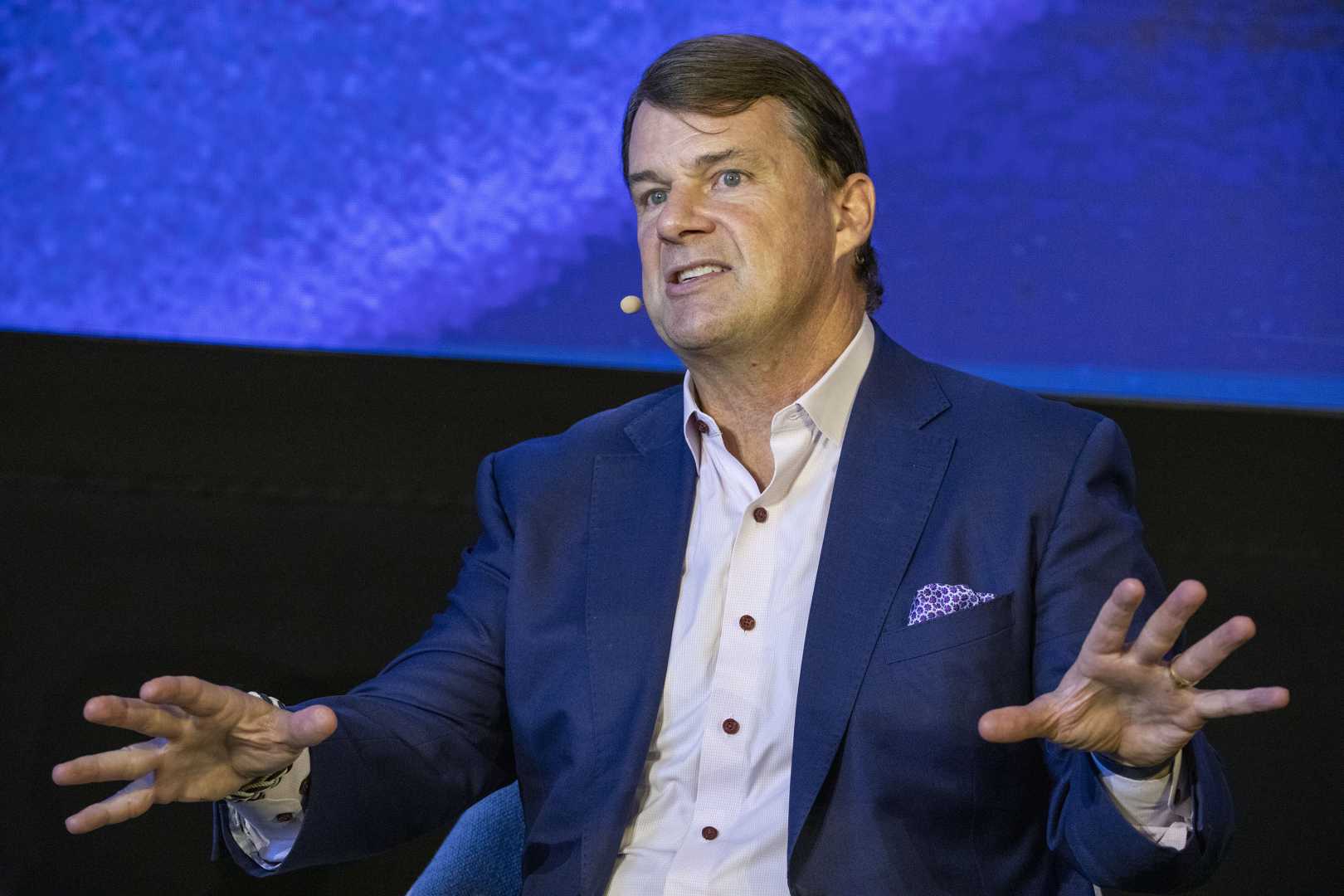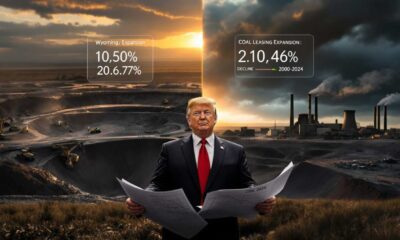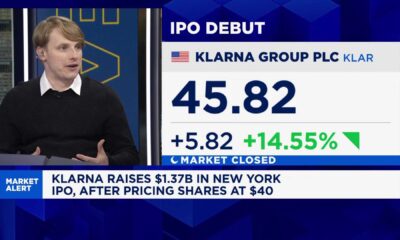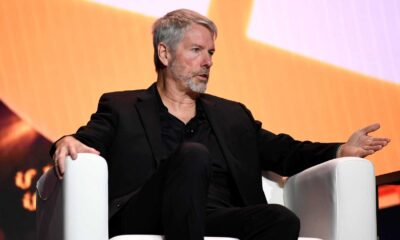Business
Ford CEO Warns of Blue-Collar Labor Crisis Amid Rising AI Concerns

Detroit, MI — Ford CEO Jim Farley addressed a critical labor shortage at the Ford Pro Accelerate event this week, discussing the impact on the blue-collar workforce. Farley described the blue-collar sector as essential yet mired in crisis, echoing sentiments expressed during the recent United Auto Workers strike.
During a keynote discussion with Labor Secretary Lori Chavez-DeRemer, Farley revealed a personal story about his son, who worked as a mechanic over the summer. His son expressed enjoyment in the work, questioning the necessity of a college degree, which sparked a debate within their family.
“Should we be debating this?” Farley pondered, highlighting a trend where young Americans reconsider the value of college vs. vocational training. Mike Rowe, founder of the Mike Rowe Works Foundation, emphasized that the aging workforce is a significant concern, with two skilled tradespeople entering the workforce for every five retiring.
Rowe also criticized the escalating costs of education, stating that college has become prohibitively expensive. He noted that in 1984, his degree cost $12,200, while today it would exceed $97,000. This raises questions about whether college is worth the investment.
Labor Secretary Chavez-DeRemer reiterated the need for collaboration between government, educators, and industry to promote skilled trades. “We haven’t brought the right people to the table,” she noted, emphasizing that a skilled trades career can lead to job stability and higher earnings.
Farley warned that the U.S. lacks about 400,000 technicians and similar numbers of factory workers. “It’s not a demand problem,” he said. “There’s plenty of work, but young people aren’t entering the trades.”
Optimism about AI’s role in the labor market was evident, with both Farley and Chavez-DeRemer expressing confidence that AI will create new jobs rather than replace existing ones. Rowe pointed out that every “frontline” job, like welding and pipe-fitting, remains vital to the economy despite technological advancements.
Farley concluded by stressing the urgency of addressing the skills gap and changing societal perceptions of blue-collar work. He asserted that industries must invest in apprenticeship and vocational education programs to attract and train the next generation of workers.












